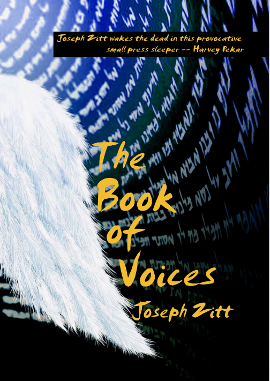Countries and other groups, when they’ve suffered severe attacks, tend to have a common response. Each claims that it is unique in the same way. Each claims that, unlike everyone else, its people respond to adversity with added strength, and that attacking it will only make it more determined to survive.
From Pharaoh’s point of view, the plagues must have seemed very much like terrorist attacks. Strange and awful occurrences struck at the symbols of what the country valued the most. In their case, it was the aspects of the world, including the rivers and the sun, that they most closely identified with their gods.
The Egyptian society was based on hierarchies, with everyone knowing his place in the stack. For slaves to rise up and make demands was, from their point of view, unconscionable. And for them to claim to be supported by a god who had no name and no distinct representation must have seemed ridiculous.
Many legends have survived about Moses’s early years, about which little appears in the Biblical text. (The 1998 animated film The Prince of Egypt presents a surprisingly good version of the story.) In one story, when he was tested as a baby by being shown the Pharaoh’s crown and a pile of hot coals, an angel pushed his hand away from the coals; when he placed his burned hand in his mouth, it damaged his tongue and made him “slow of speech.” In another, he snatched the crown from the earlier Pharaoh’s head and smashed it to the ground.
So when the Pharaoh at the time of the plagues found his country under attack, he might well have gone before his people and rallied them with a speech about their unity and power. This is what that speech might have been.
Questions
Do you think of yourself as a member of a particular people or nation? What, other than perhaps location, distinguishes that group from others? Do you feel that that factor makes your group better (or worse) than others? Might other groups claim that they are unique in the same way?
Is this group bound together in resistance to a particular type of adversity? What might happen to the group if that adversity were to end?


Recent Comments